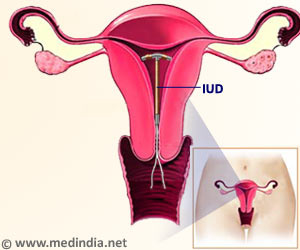A new study investigates how antibiotic intake during pregnancy affects the composition of breast milk and has an effect on the infant immune response, microbiome and metabolome.

According to Lars Bode- professor at UC San Diego School of Medicine “Antibiotic resistance is a huge emerging problem,: “We have learned so much in recent years about the many benefits of breastfeeding for both the infant and the mother. Infants who receive human milk have fewer infections and are also less likely to become obese or suffer from allergies later in life. Women who breastfeed are less likely to develop breast or ovarian cancer. So ideally, we don’t want physicians to have to make that recommendation to stop breastfeeding simply because of a gap in knowledge.”
Researchers say that pregnant and breastfeeding women are protected in the drug development process and more research is needed to protect the infant's health due to the exposure to antibiotics.
The study is funded by National Institutes of Health (NIH) and was conducted by three institutions; UC San Diego joins Vanderbilt University, Indiana University and Ohio State University to form the new Maternal and Pediatric Precision in Therapeutics (MPRINT).
Source-Medindia














